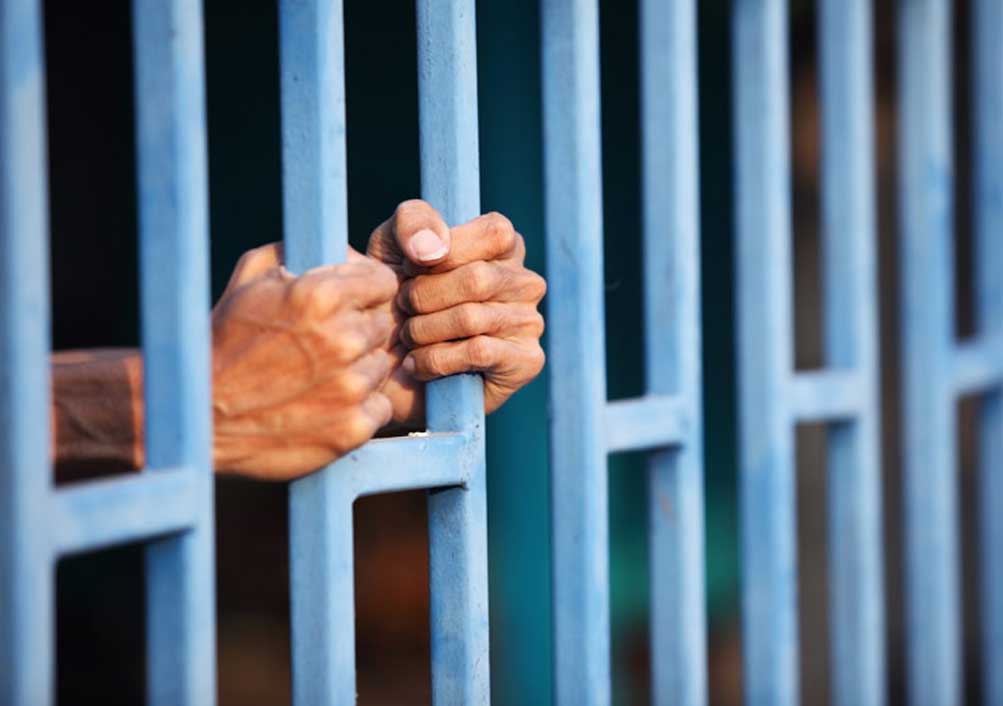Prisoner does not have absolute legal right to claim furlough: Apex Court

Read Judgment: State of Gujarat & Anr v. Narayan @ Narayan Sai @ Mota Bhagwan Asaram @ Asumal Harpalani
Pankaj Bajpai
New Delhi, October 21, 2021: The Supreme Court has ruled that although furlough can be claimed without a reason, the prisoner does not have an absolute legal right to claim furlough.
A Division Bench of Justice Dr. Dhananjaya Y. Chandrachud and Justice B.V. Nagarathna observed that grant of furlough is to break the monotony of imprisonment and to enable the convict to maintain continuity with family life and integration with society.
The observation came pursuant to an appeal filed by the State of Gujarat challenging the judgment passed by the Gujarat High Court whereby Asaram’s son Narayan Sai who was convicted for rape charges, had been granted two weeks furlough, even though such application for furlough was rejected by the DGP.
It was urged that the High Court’s order only referred to the fact that the respondent’s mother was suffering on account of a cardiac arrest and had granted furlough only on this basis.
After considering the arguments, the Top Court found that the Jail Superintendent has given a negative opinion based on the fact that the respondent had kept a mobile phone inside the jail illegally and attempted to make contacts with the outside world.
Rule 4(4) of the Prisons (Bombay Furlough and Parole) Rules, 1959 provides for denial of furlough on grounds of disturbance to public peace and tranquility, added the Court.
“While Rule 3 provides the eligibility criteria for grant of furlough for prisoners serving different lengths of imprisonment, Rule 4 imposes limitations. The use of the expression “may be released” in Rule 3 indicates the absence of an absolute right. This is further emphasized in Rule 17 which states that said Rules do not confer a legal right on a prisoner to claim release on furlough. Thus the grant of release on furlough is a discretionary remedy circumscribed by Rules 3 and 4”, observed the Apex Court.
Noticing that attempts have been made to bribe public officials during Trial, the Division Bench found that the respondent and his father have a mass following of persons who owe loyalty to them and there is a reasonable apprehension of a disruption of public peace and tranquillity.
The Apex Court quoted the decision in case of State of Maharashtra v. Suresh Pandurang Darvakar, wherein ‘parole’ was distinguished from ‘furlough’ and it was held that while both parole and furlough are temporary releases from confinement, parole is granted only for a specific purpose, whereas a prisoner is entitled to apply for furlough once he has served the minimum years of sentence as stipulated in Rule 3.
After noting the purpose of parole on the one hand and furlough on the other, the Top Court indicated that there is need for a balance to be maintained between two competing interests while granting parole or furlough, that of reforming the convict on one hand and the public purpose and interests of society on the other.
While stating that ‘furlough’ and ‘parole’ envisage a short-term temporary release from custody, the Apex Court opined that grant of furlough is to break the monotony of imprisonment and to enable the convict to maintain continuity with family life and integration with society.
Sign up for our weekly newsletter to stay up to date on our product, events featured blog, special offer and all of the exciting things that take place here at Legitquest.




Add a Comment